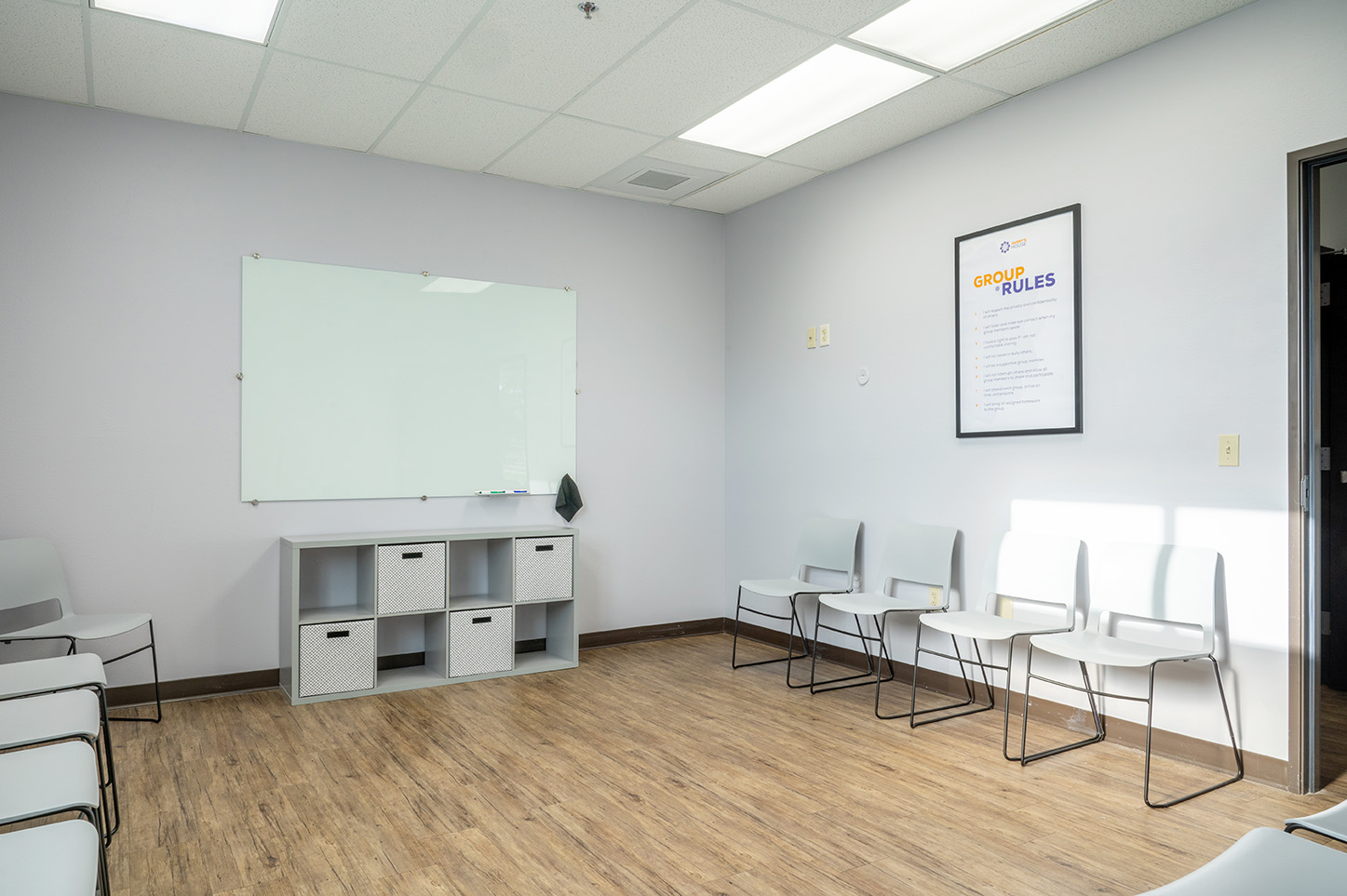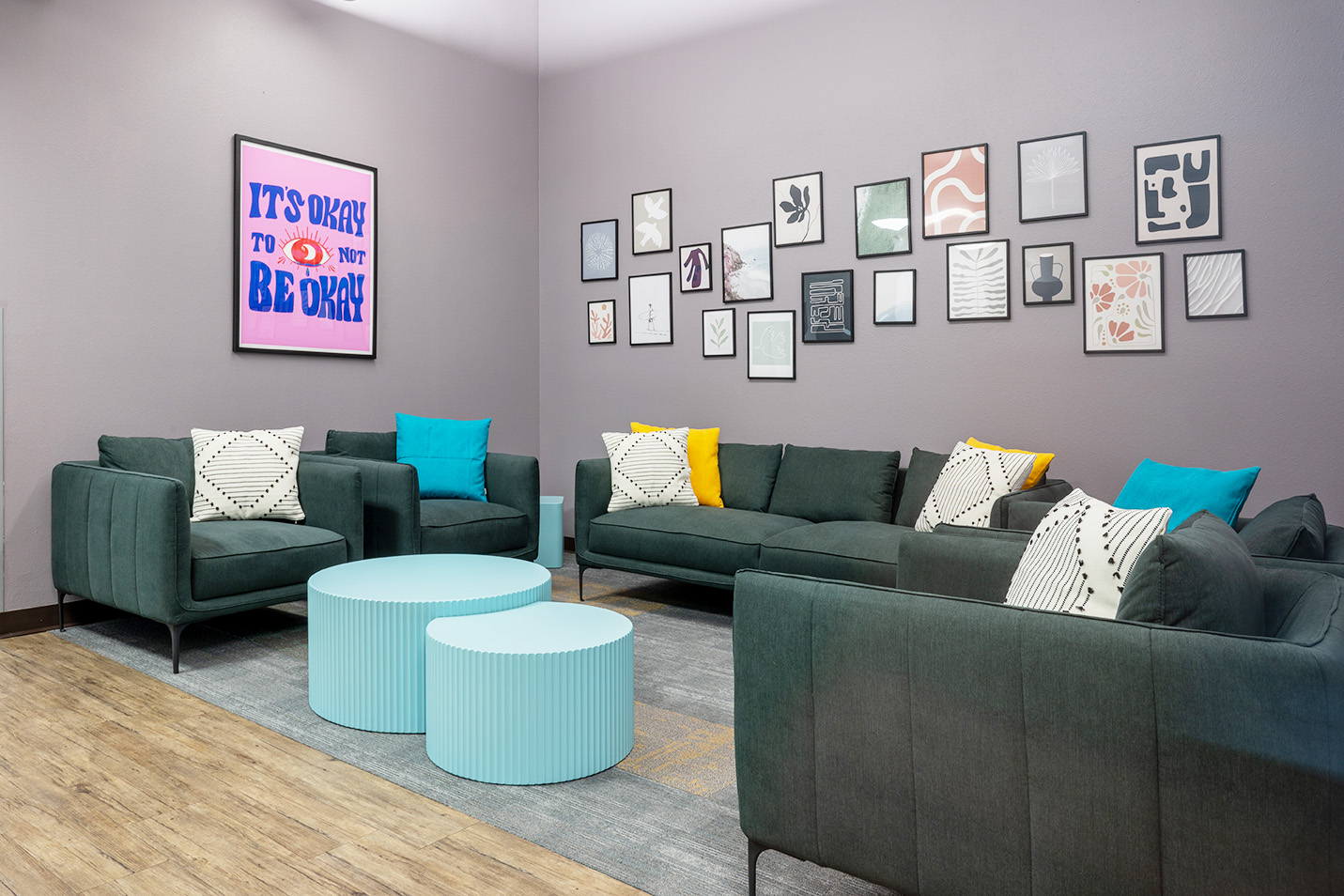Adolescence is really a essential time of self-discovery, growth, and change, but for many kids, that phase can also be noted by struggles with emotional health, behavioral dilemmas, or substance abuse. When these issues become overwhelming, a young adult teen treatment center plan provides a transformative journey from battle to strength. These specific applications give you a comprehensive, immersive setting designed to simply help kids overcome difficulties and develop the skills they have to thrive.
The Growing Need for Residential Treatment
The necessity for efficient adolescent intellectual health and behavioral attention is more demanding than ever. Based on a 2023 record by the Stores for Infection Control and Elimination (CDC), almost 20% of adolescents in the U.S. experience some type of emotional health concern annually, with depression, nervousness, and substance use being among the absolute most common. As these problems intensify, residential therapy centers provide a important solution, providing teenagers with around-the-clock help and care in a structured setting.

How Adolescent Residential Therapy Works
Residential therapy applications are made to offer a secure, therapeutic setting wherever adolescents may focus on their healing far from the interruptions and causes of these daily lives. These programs are often far better than outpatient therapy since they feature extensive help, particular care, and a structured daily routine.
At a residential center, adolescents receive customized treatment programs that will contain specific treatment, group treatment, family counseling, and educational support. Healing modalities such as for instance cognitive behavioral therapy (CBT), dialectical conduct therapy (DBT), and experiential remedies help adolescents address the main factors behind their difficulties and develop healthy coping mechanisms.
Benefits of Residential Therapy
Holistic Approach: Residential applications focus on your head, human anatomy, and nature, approaching not just the teen's mental health but additionally their physical well-being and mental growth.
Safe Atmosphere: Being removed from negative impacts allows kids to target exclusively on the healing and particular growth with no disruptions of school or cultural pressures.

Family Support: Family engagement is a cornerstone of residential treatment. By engaging in household treatment and support applications, people learn to better help their teen's trip and increase communication.
Life Skills Development: Beyond therapy, residential applications support kids develop important life abilities such as for instance transmission, problem-solving, and pressure management—abilities which are essential for accomplishment in adulthood.
Conclusion
Teenager residential therapy can be quite a game-changer for adolescents facing significant challenges. By giving an setting of help, design, and healing, these programs provide teenagers the tools they should transfer from battle to strength. With skilled advice and the proper therapeutic method, kids may overcome their issues, build resilience, and get back for their areas with newfound self-confidence and a tougher feeling of self.
